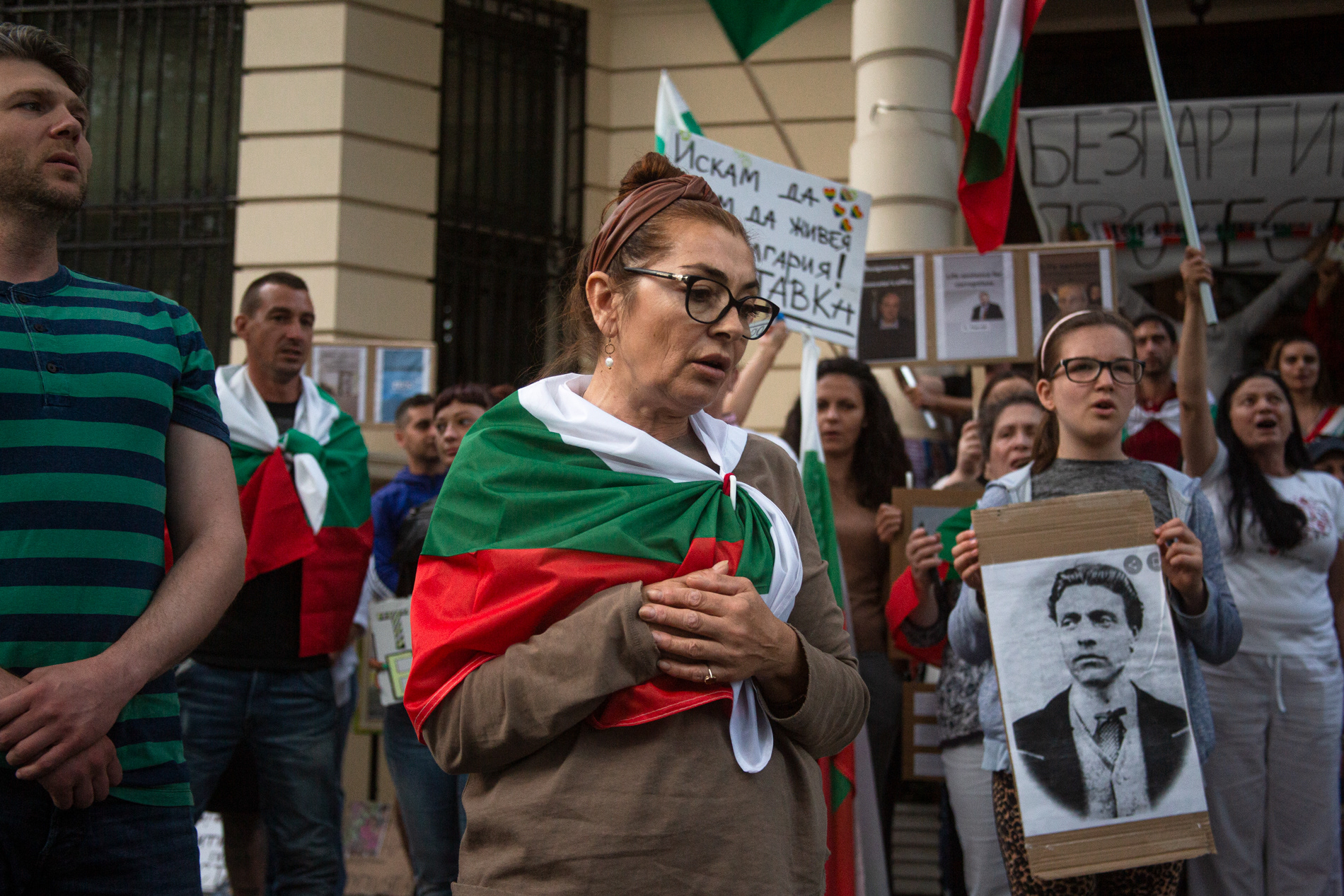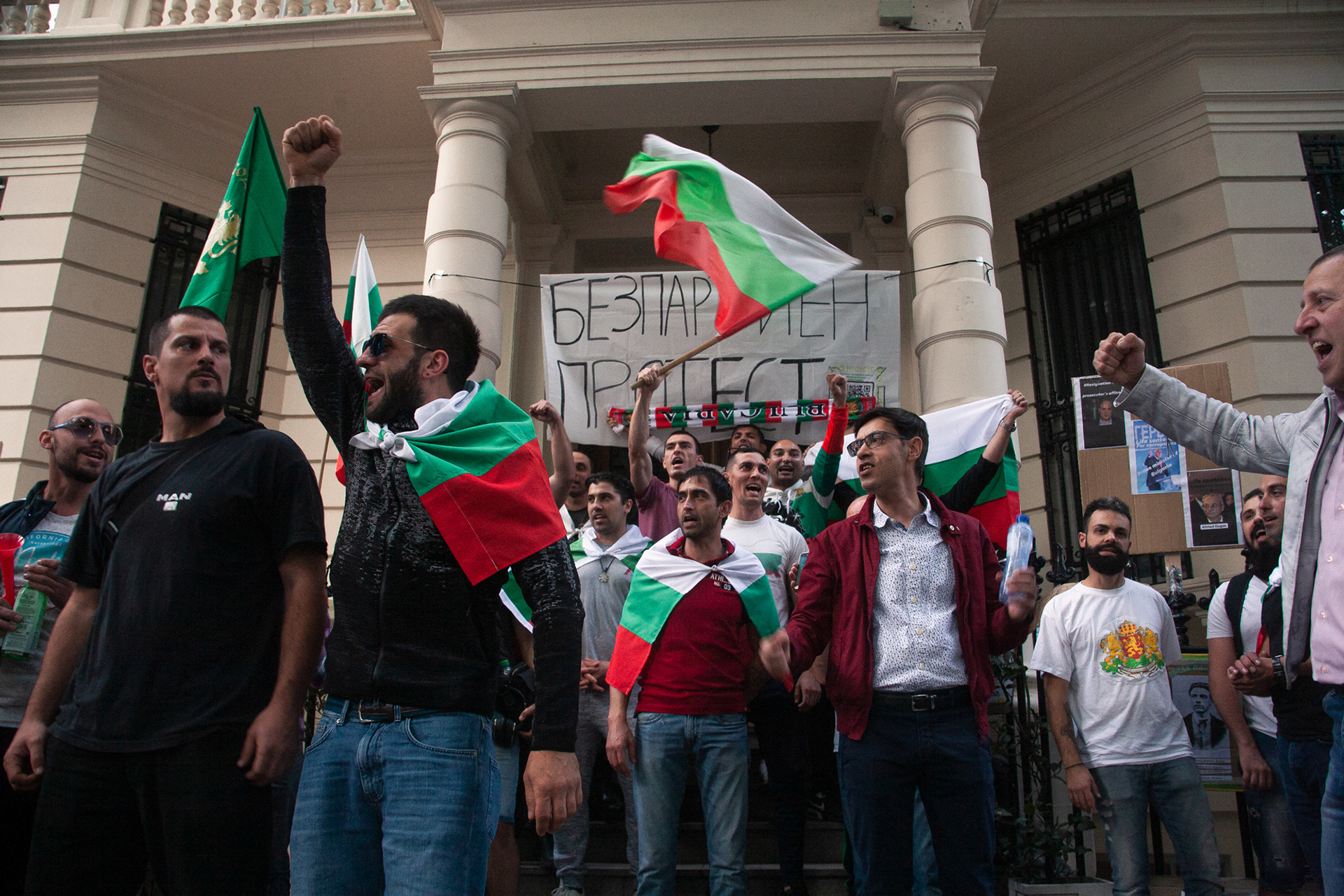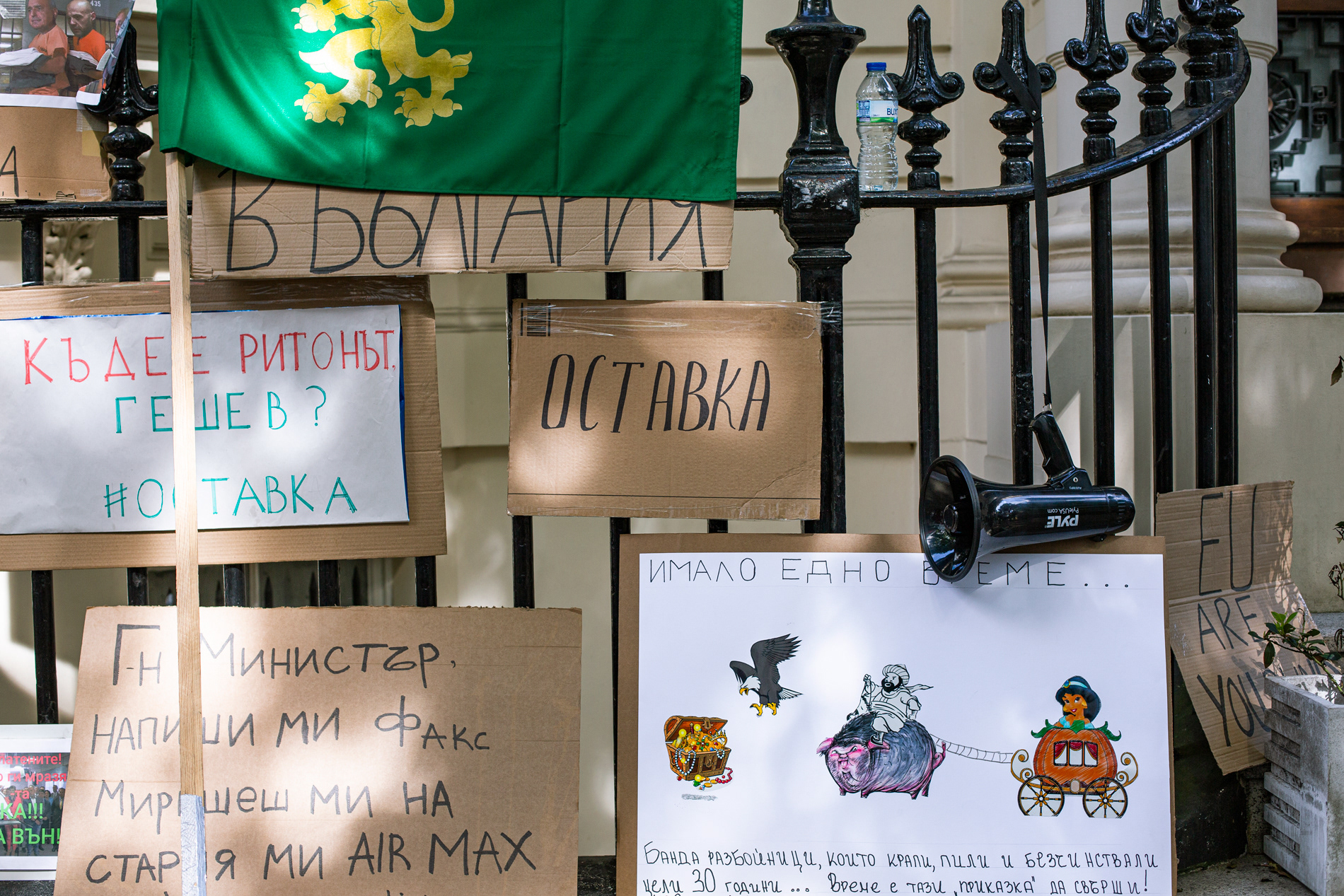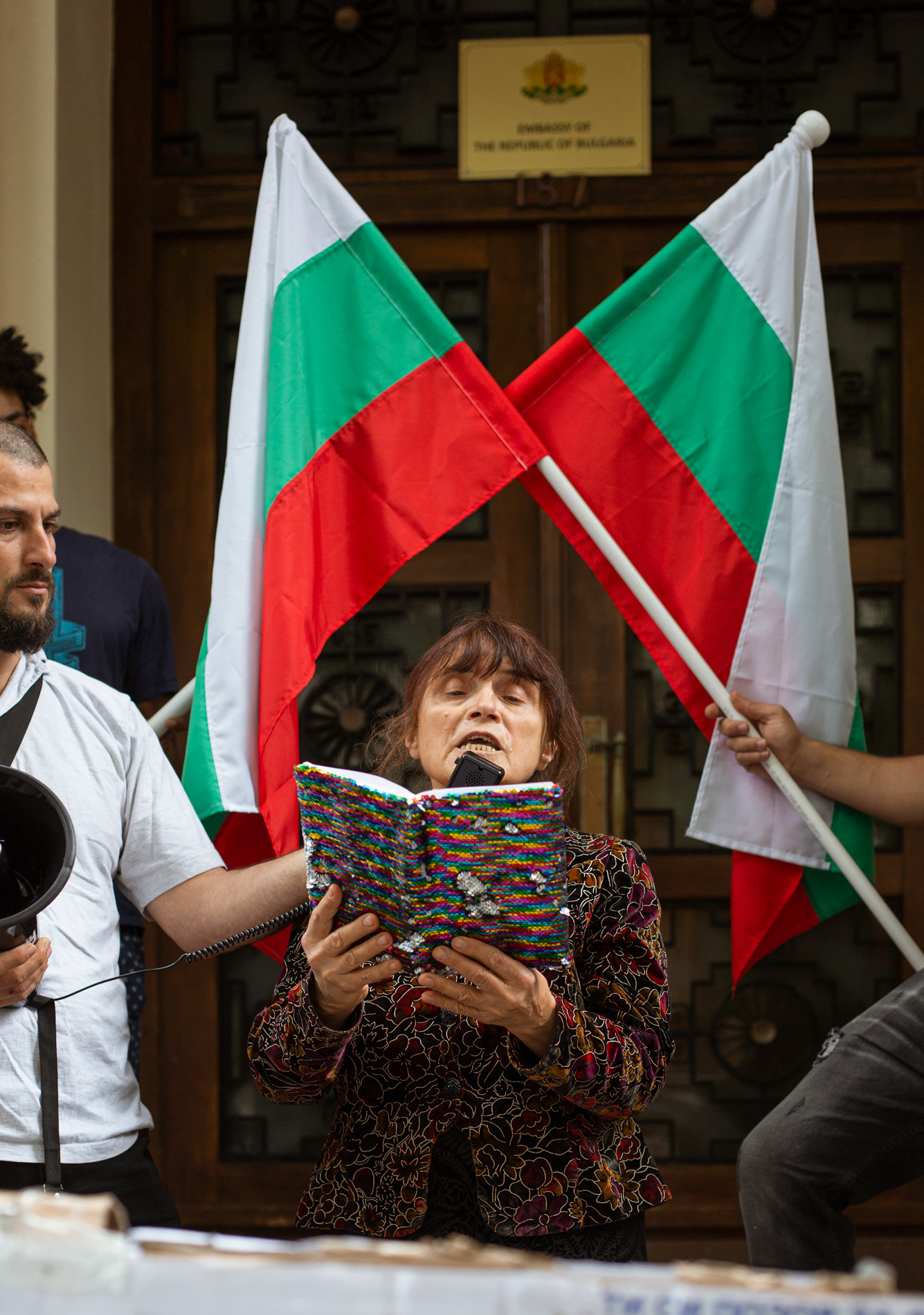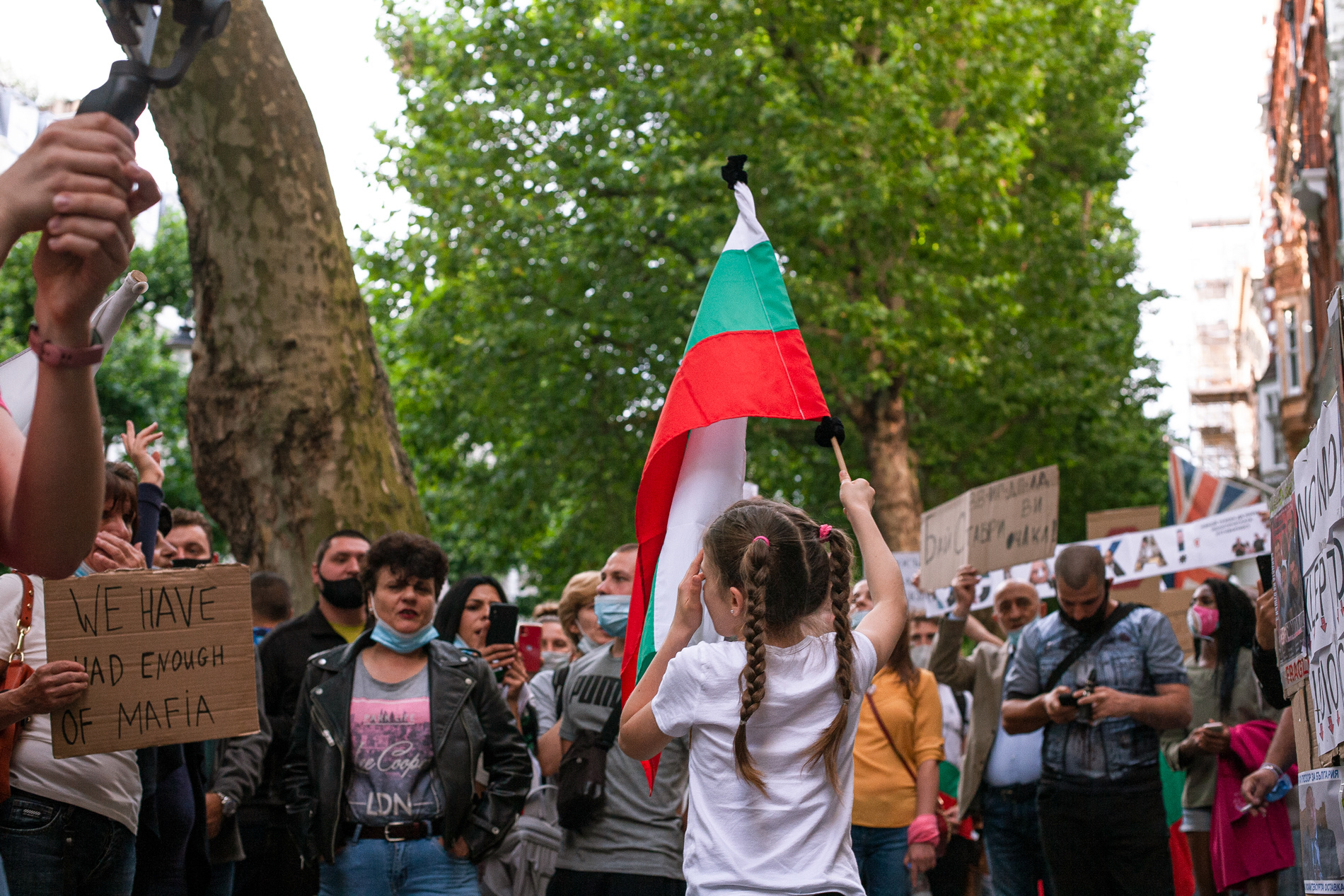Since the fall of the Soviet Union in 1989 more than two million Bulgarians have fled the country due to its inability to adopt a working democratic political system. What the country's people in power did in the beginning of that period known as The Changes (1990-now) was to give out many false hopes to the Bulgarian nation about its future as a true European state while they were distributing the country's wealth between themselves. The surge of Bulgarians leaving their homeland, however, started taking place after 2007 when the country became a state member of the EU. With the continent's borders now being open to Bulgarians and driven out of their own country due to striking corruption in all levels and circles of society, they started moving towards the Western countries to seek better life conditions and more working opportunities.
For the past three weeks people have been gathering in front of the Bulgarian Embassy in London in support of the demonstrations in Bulgaria. The protests have been caused by the extremely corrupt government, terrifying police brutality and a very ill-organised political system. The people of Bulgaria have finally had enough of having their basic human needs overlooked by greedy politicians that only care about their own wellbeing rather than that of the country they have sworn to lead and protect. There are hundreds of thousands of Bulgarians living abroad because they do not see a future for themselves or their families in their home country, because of humiliatingly low living wages and pensions and a myriad other socio-economic reasons. The healthcare system is severely underfunded and understaffed, with the coronavirus pandemic exposing just how fragile it is, and people that had been admitted to hospital with other health complications in the last four months were offered to be paid to agree to be listed as Covid-19 patients so that the government could receive additional money from euro funds; minimum living wages (less than 300 euros per month) and pensions (100 euros per month) are the lowest in the entire EU and people cannot afford basic necessities which pushes them into either poverty or figuring out alternative and often times illegal ways of making money in order to pay rent and bills; the education system is very outdated and far from European standards and public schools receive very little to no federal funding.
For many young people the only way to build a future is by moving out of the country and seeking better education or job opportunities and overall living conditions, even if that means having to leave friends or family behind. For many families the harsh reality is that at least one parent has to go and work abroad in order to support the other family members.
The majority of those in power have been proven to have links to illegal activities such as money laundering, buying votes during elections as many people still vote by paper, and corruption within the government has been a well-known issue for many years. Almost half of the country's population (an estimated six million) lives outside of Bulgaria.
Over the last week many people have taken to the streets in Sofia, the country's capital, and many other cities in and outside of the country to join forces and use their civil rights to demand the resignation of the prime minister Boyko Borisov and his office, as well as other government officials known to have stolen large amounts of money from the country's funds. As London is home to a very big Bulgarian community people have been gathering in front of the Embassy of Bulgaria since last Friday (10.07.2020) to support the demonstrations happening in their home country, and will continue to do so until change is instigated.
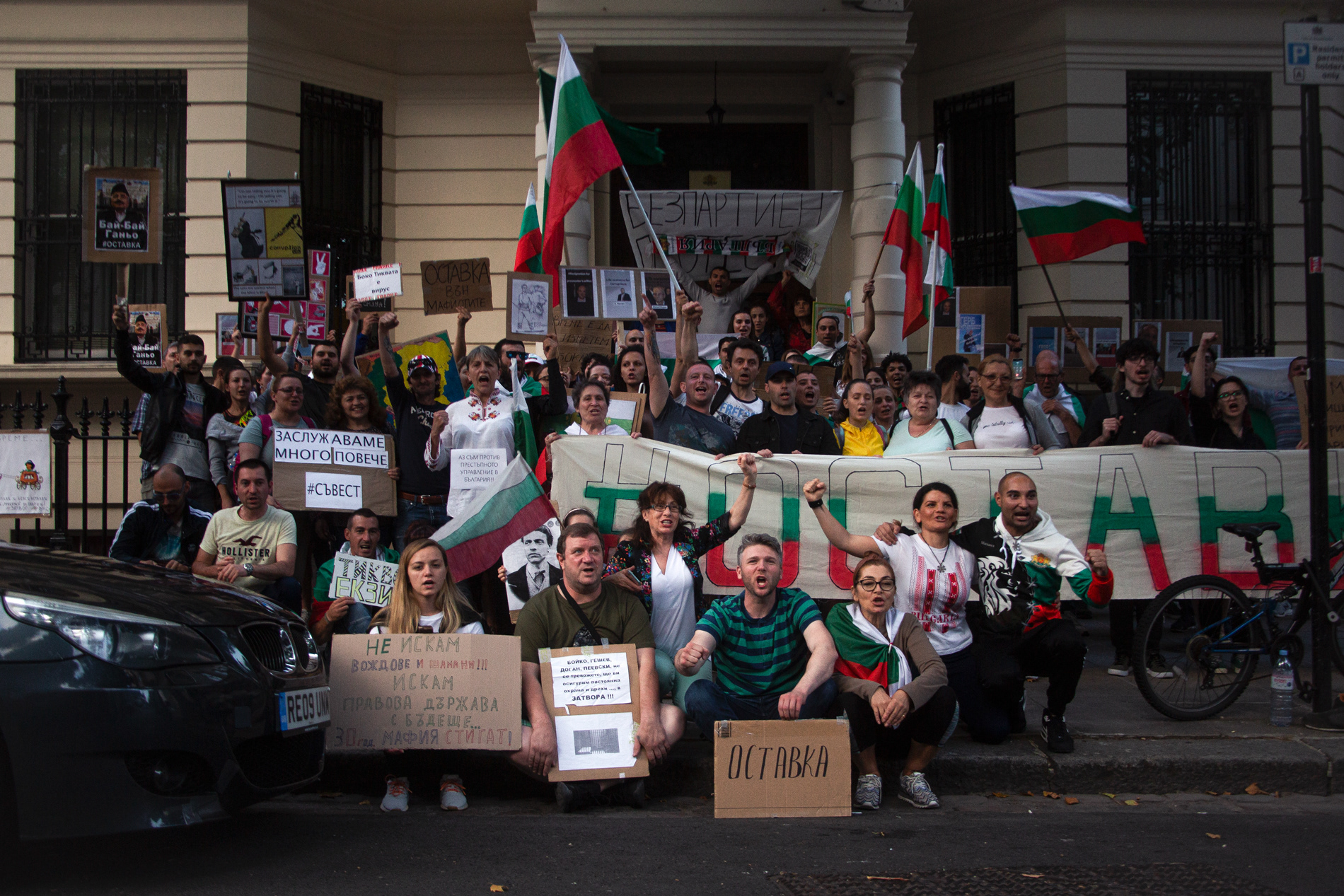
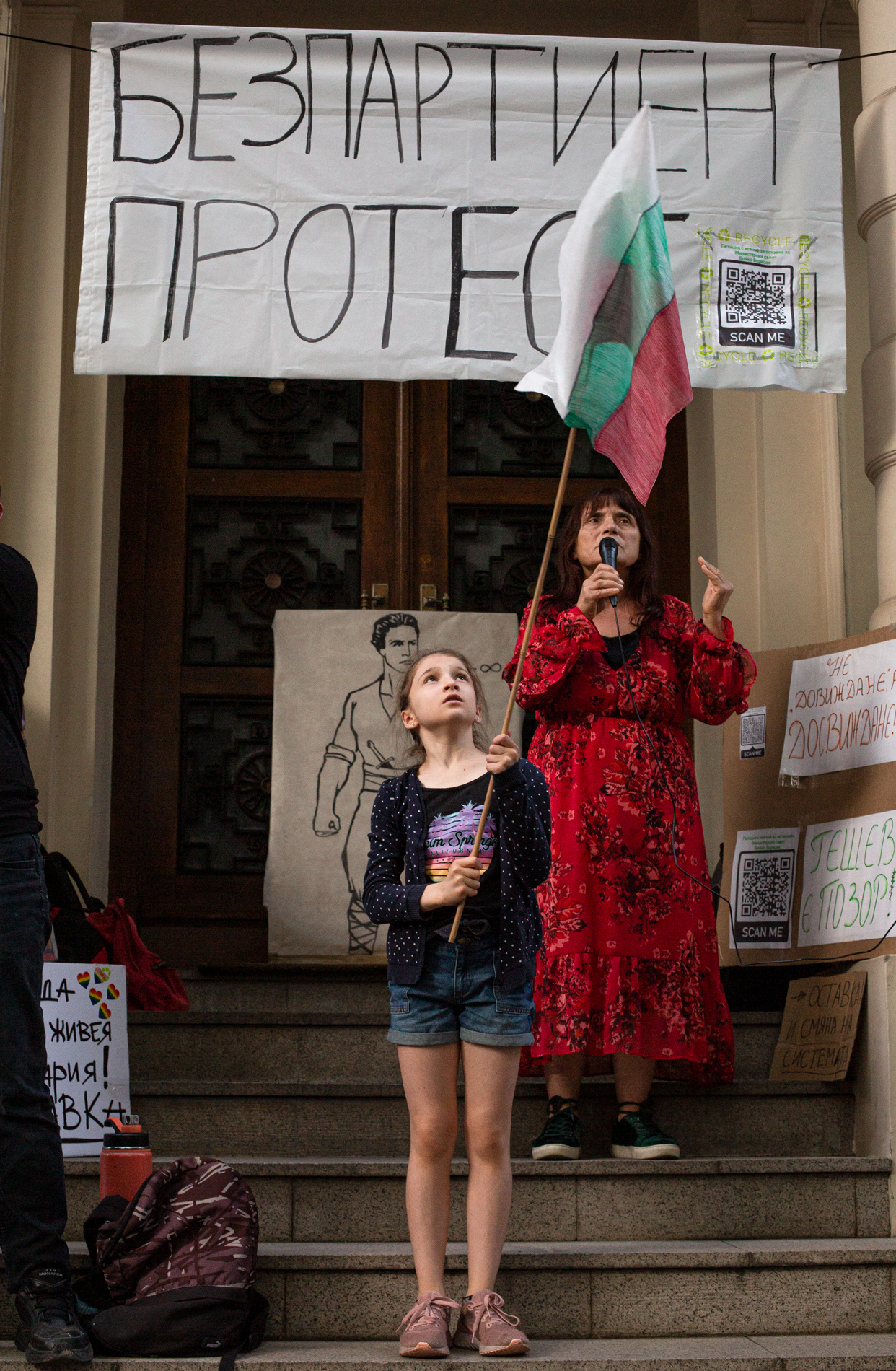
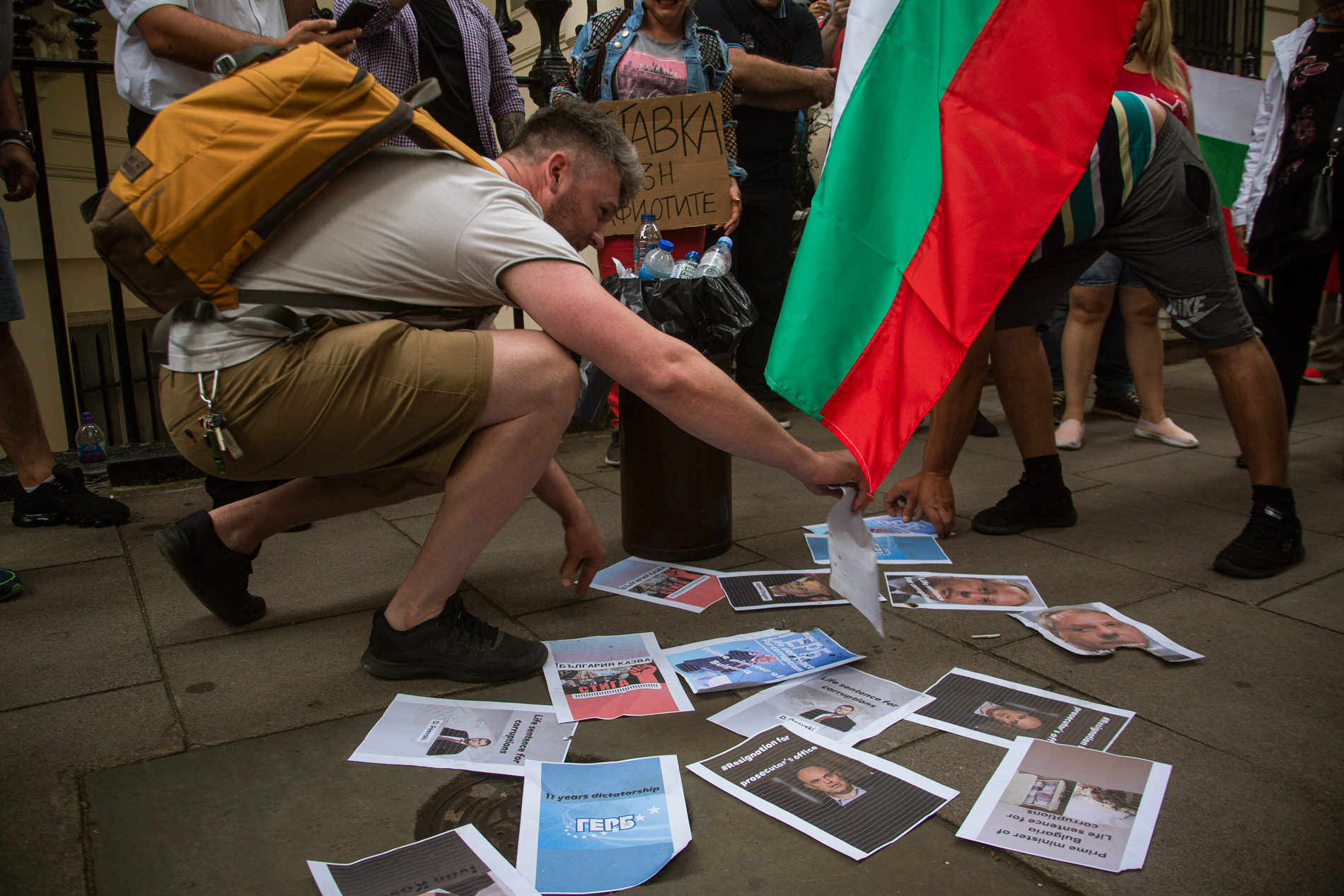
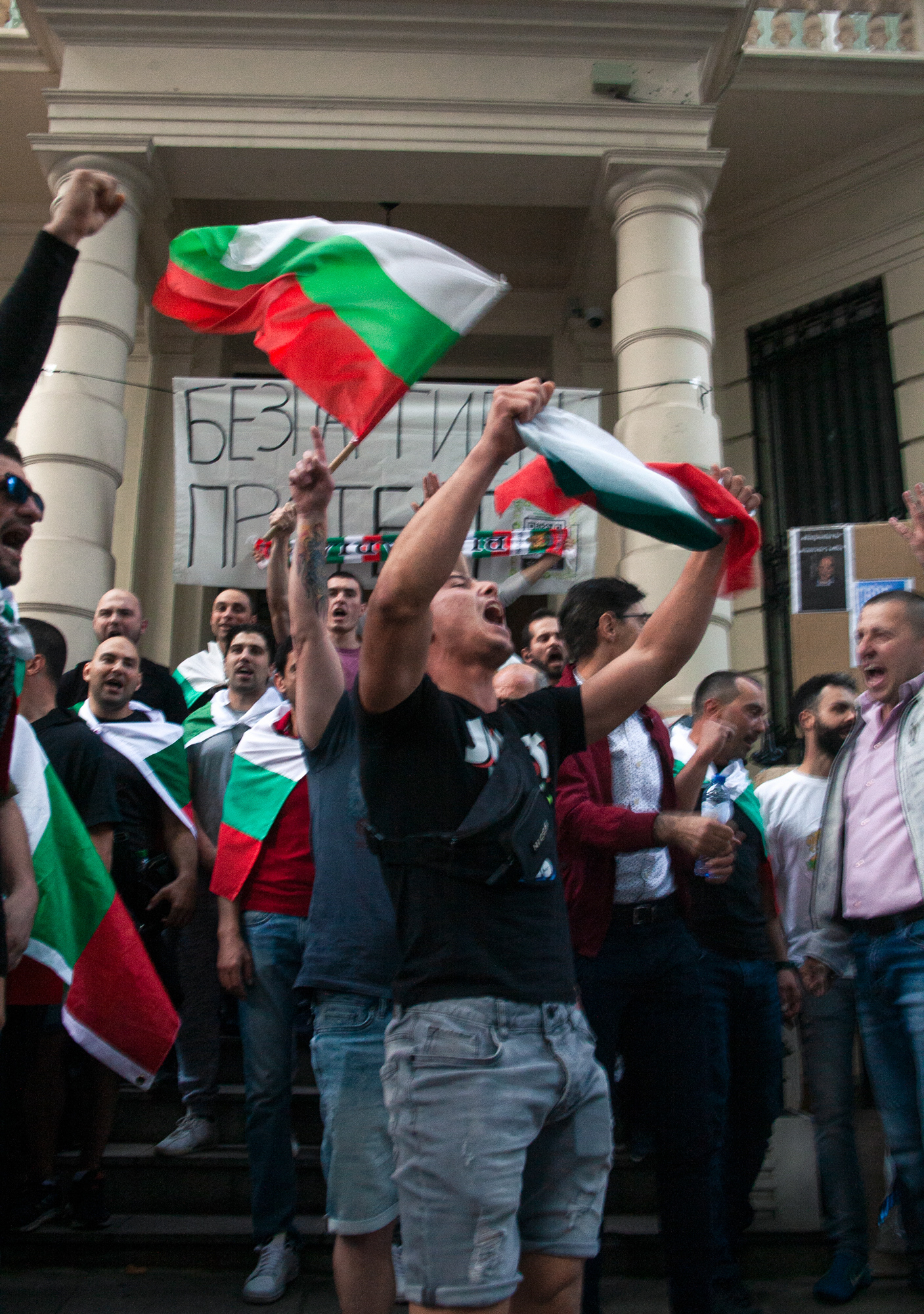
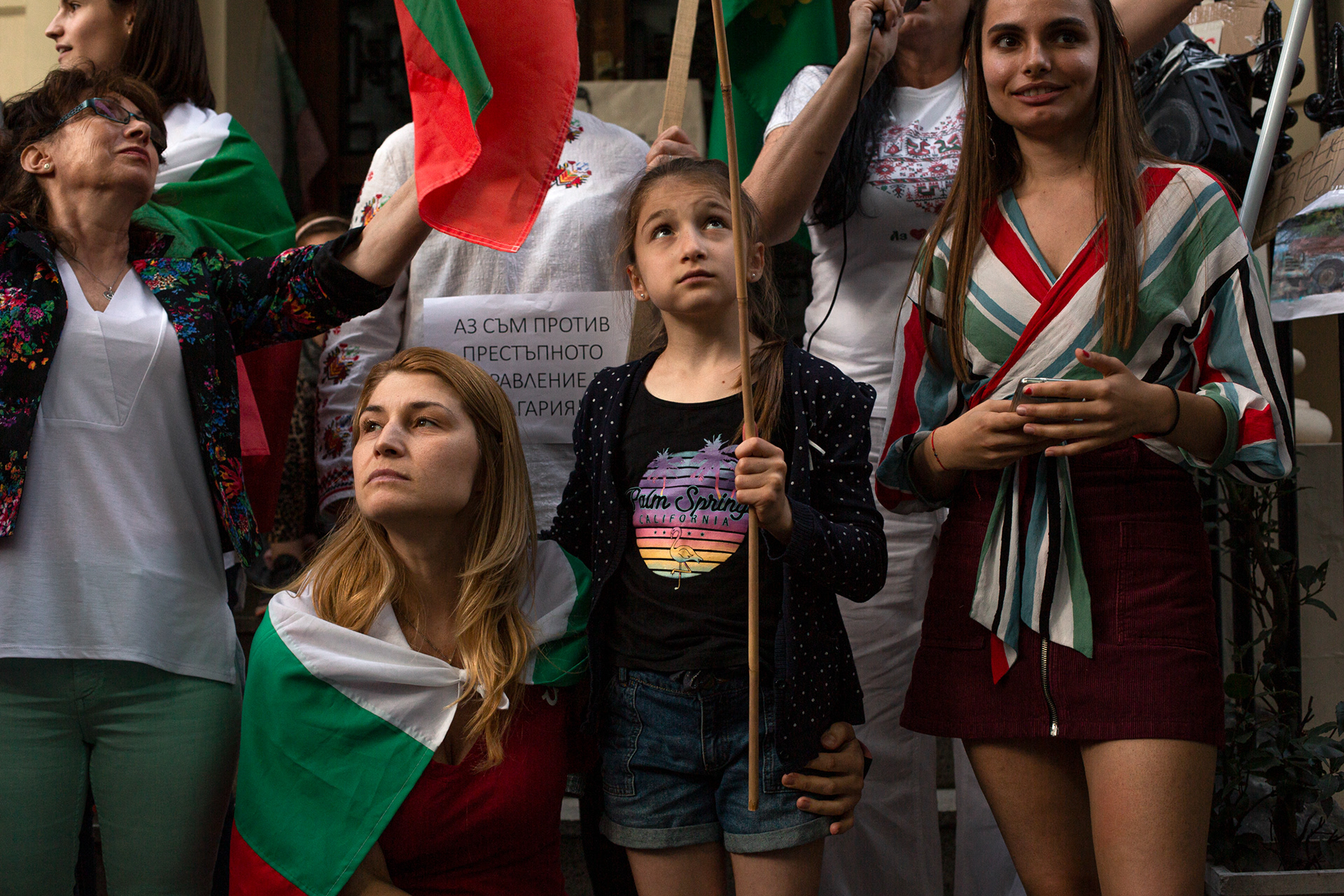
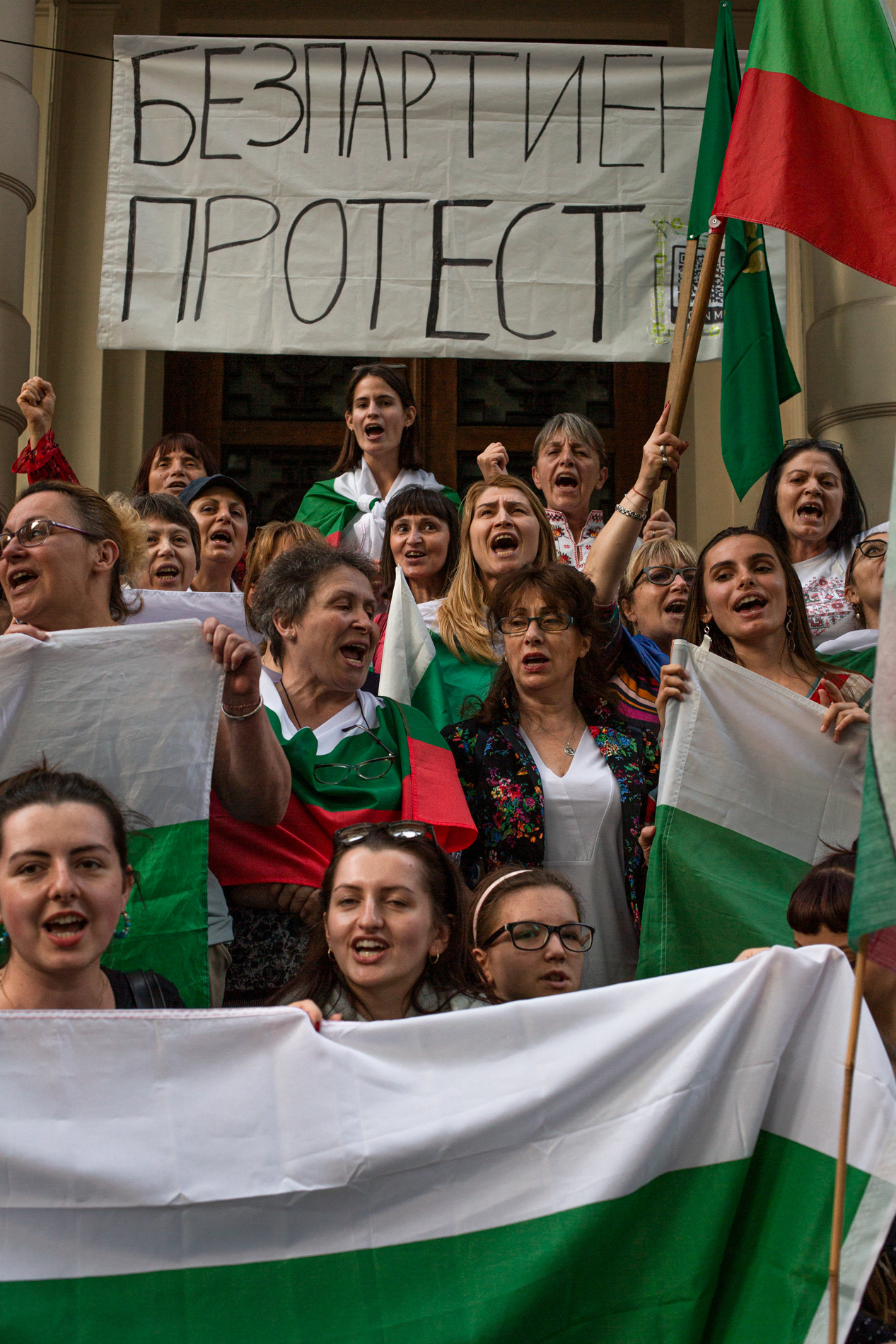
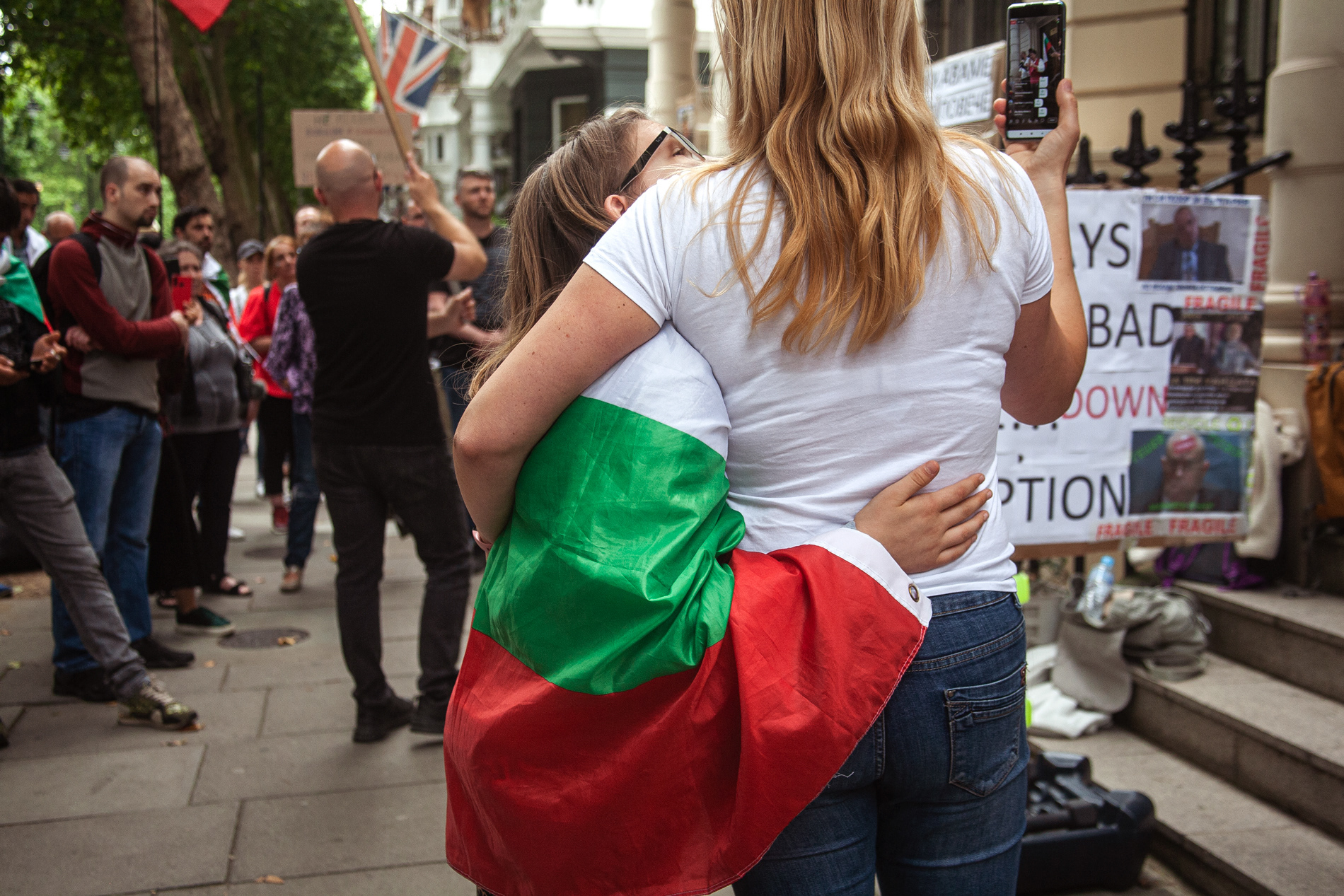
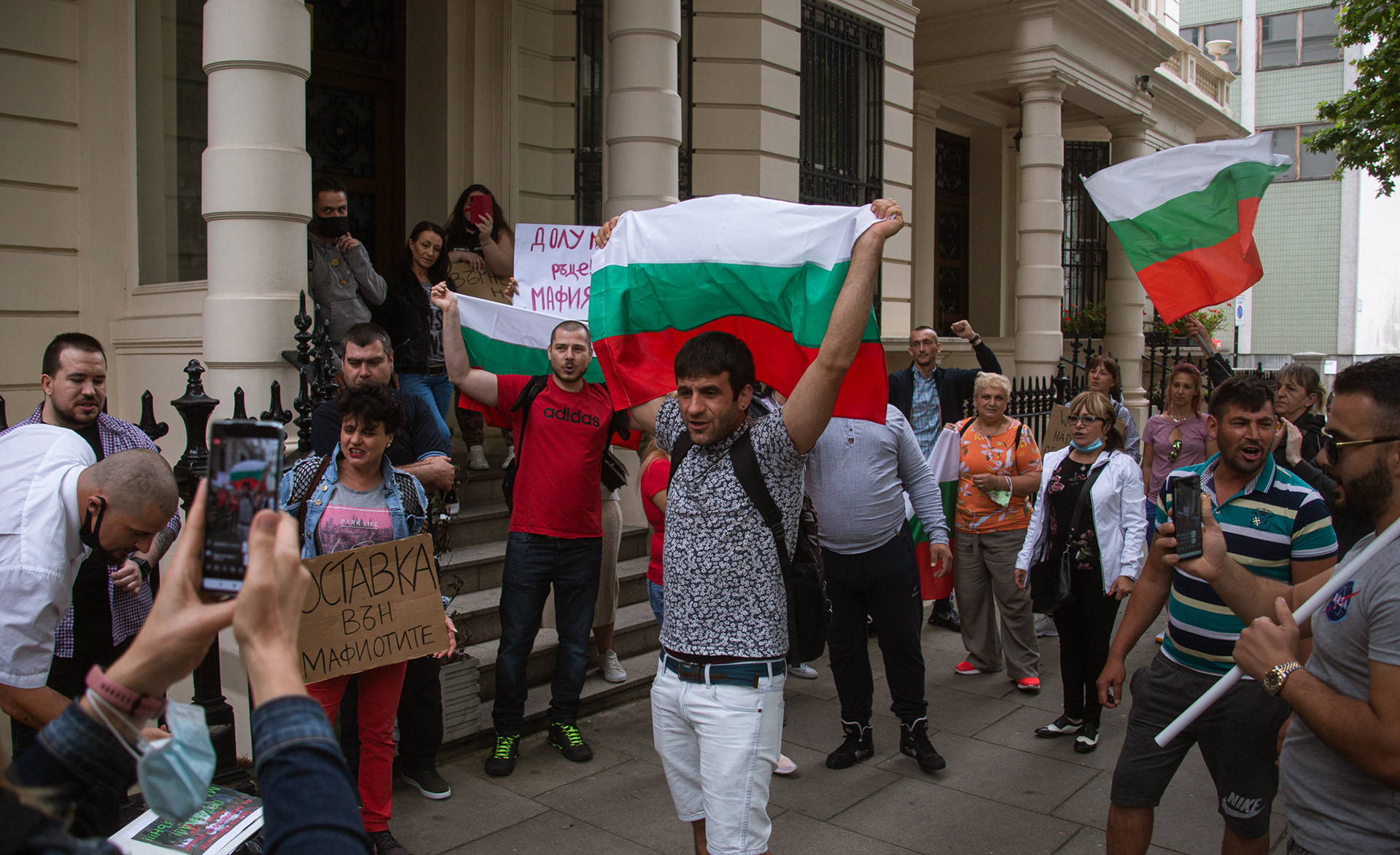
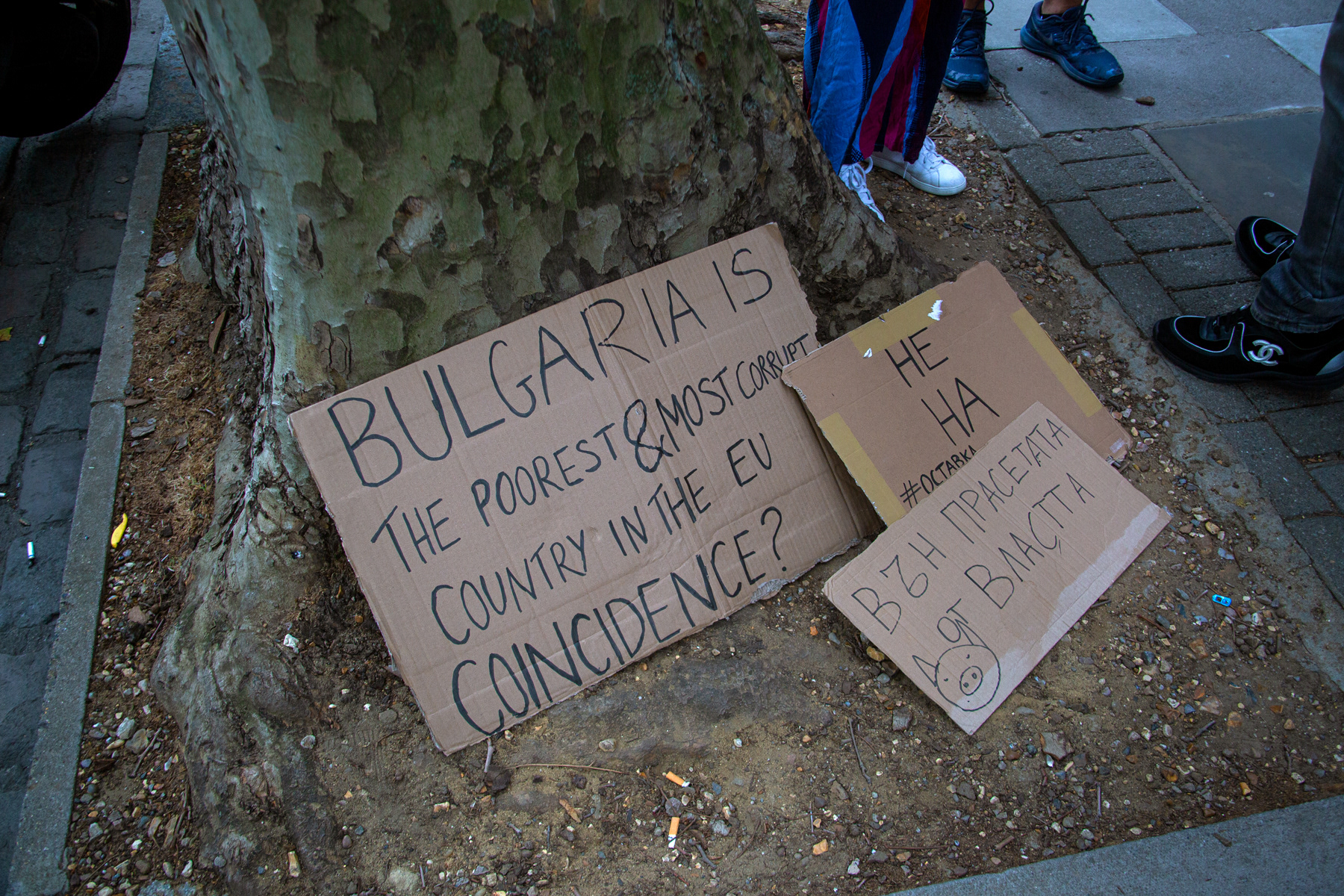
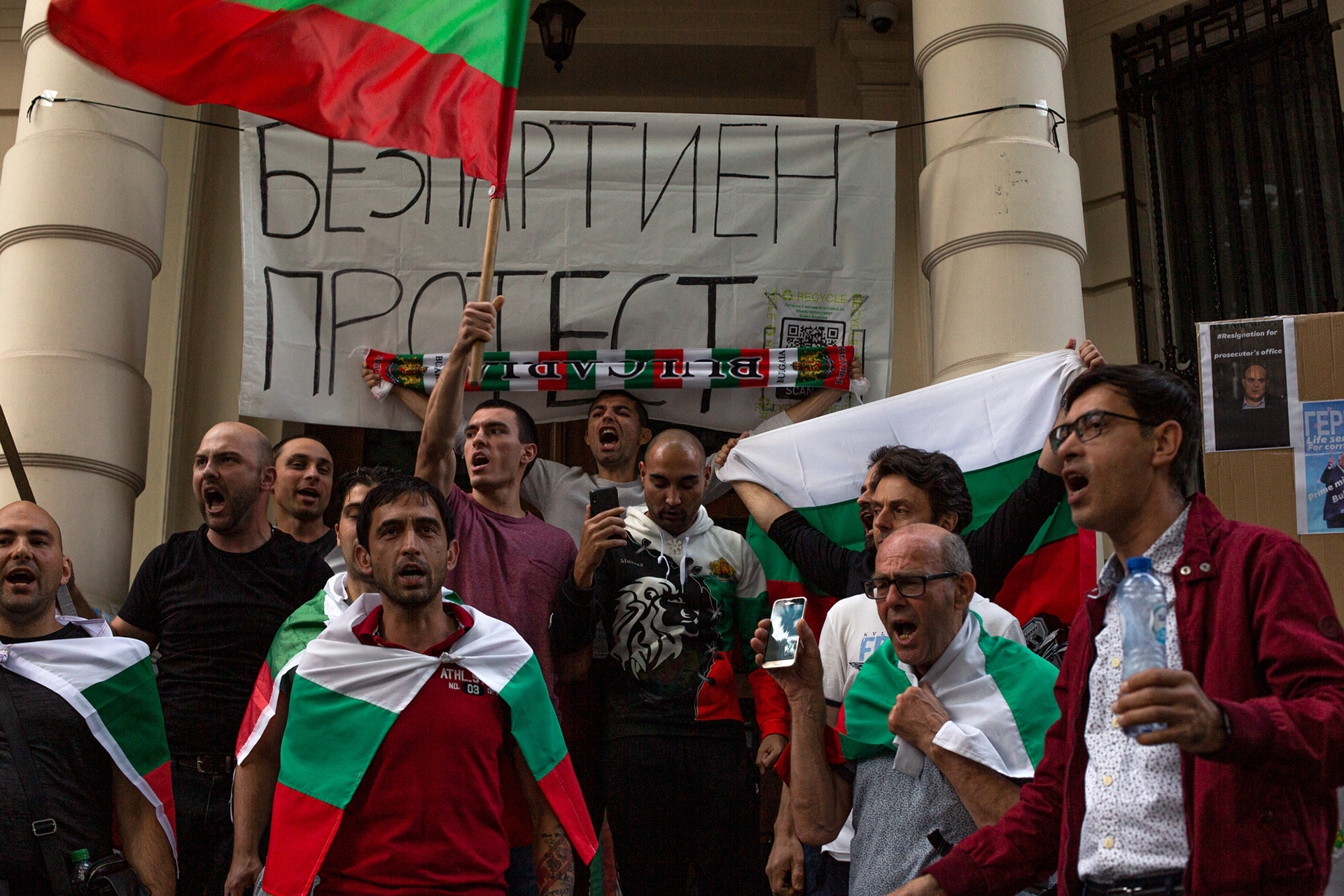
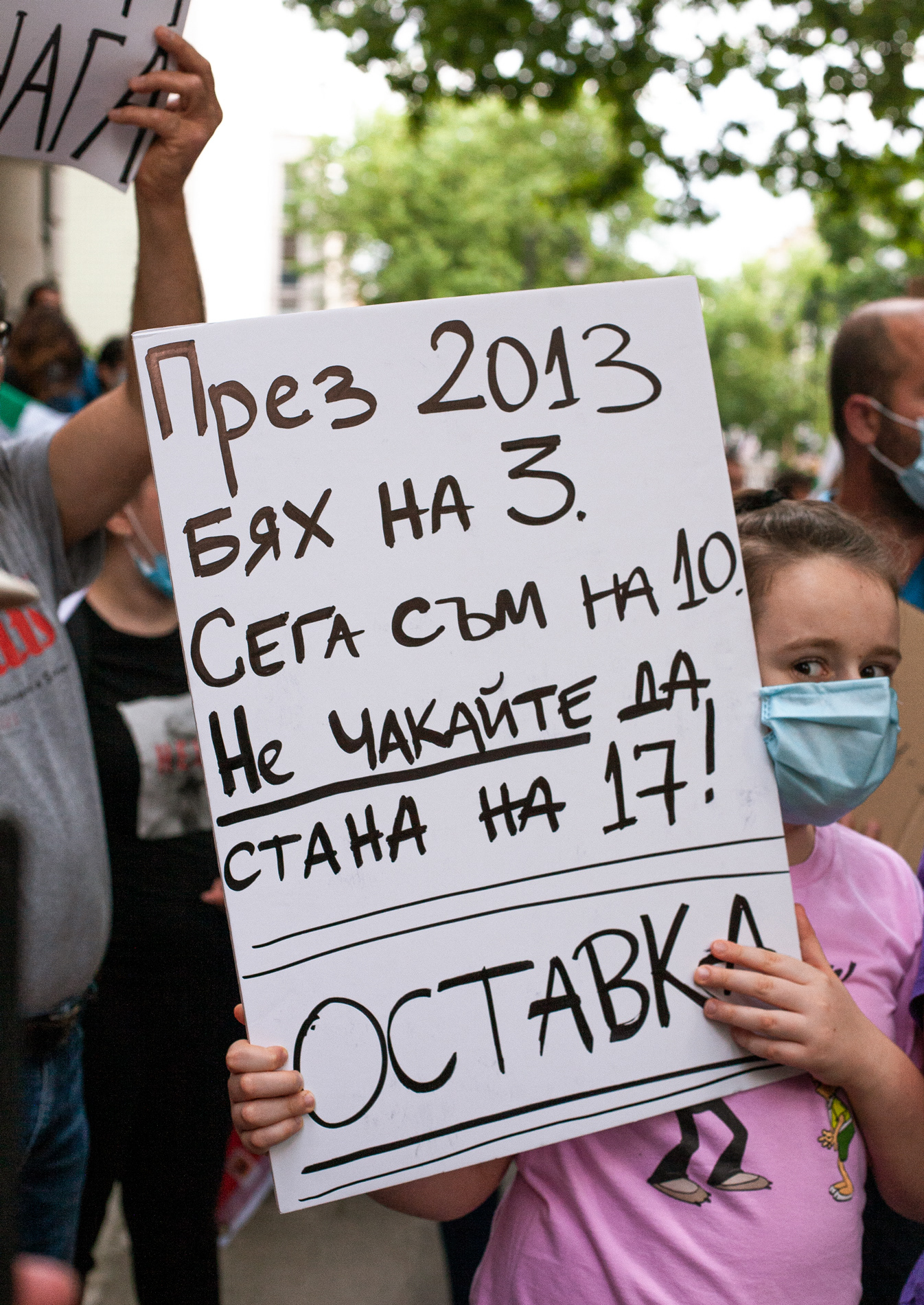
In 2013, I was 3. I am now 10. Don't wait until I'm 17! RESIGN
